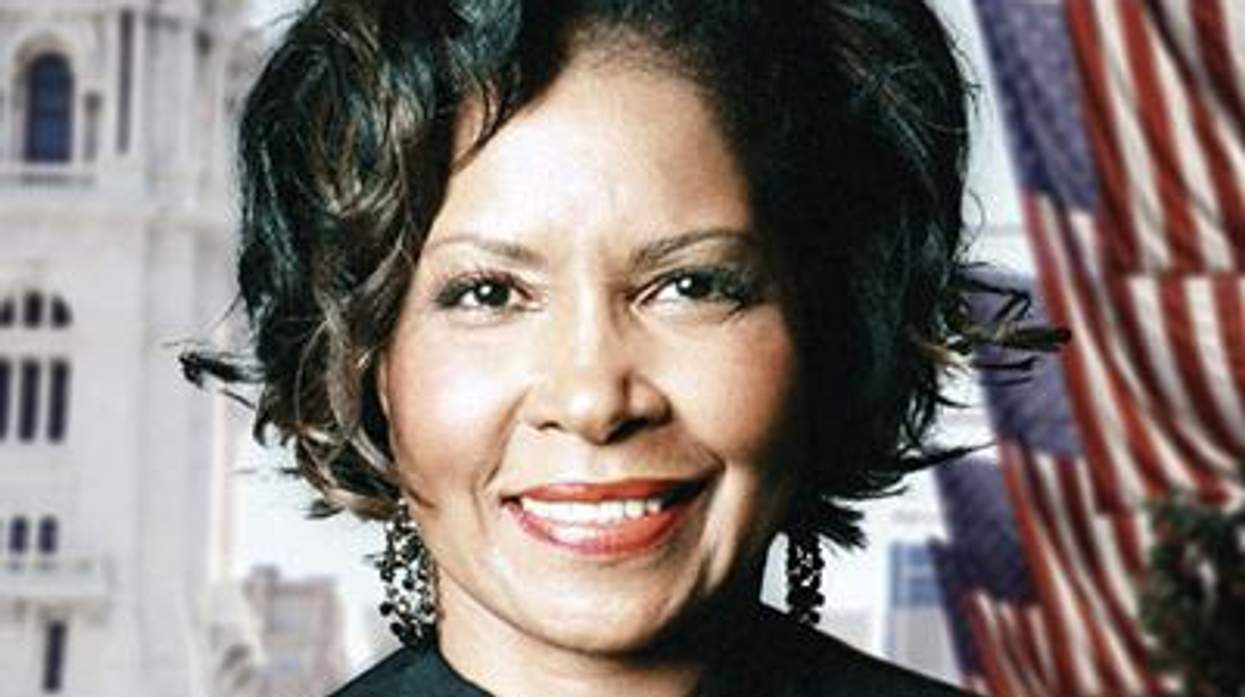Less than two months after a brutal antigay assault in Philadelphia's City Center saw a gay couple put in the hospital, the city council unanimously passed an ordinance that imposes elevated punishments for violent attacks based on gender identity, sexual orientation, or disability status.
The Philadelphia Inquirer reports that the council voter 17-0 on Thursday to approve the measure, which will impose jail sentences of up to 90 days and fines up to $2,000 for those found guilty of committing a hate crime. Philadelphia Mayor Nutter is expected to sign the ordinance, according to the Inquirer.
"My heart hurts for all people who are targeted because of who they are," councilwoman and measure cosponsor Blondell Reynolds Brown said in a statement. "If you think it is appropriate to hurt someone with hate in your heart, there will be a price to pay."
Philadelphia's new policy is undoubtedly a partial response to the vicious antigay attacks on September 11, which saw as many as 15 people hurling antigay slurs and physically assaulting a gay couple in the City Center neighborhood. Although police have said there is "no doubt" the crime was motivated by antigay hate, they are unable to charge the assailants with a hate crime, because both the city and the state lack legislation specifically protecting LGBT people from such assaults.
Three individuals have been charged in relation to the September 11 attack in Philadelphia -- including the daughter of a police chief in a neighboring district -- with aggravated assault, simple assault, reckless endangerment, and criminal conspiracy. Attorneys for two of the accused have claimed their clients are innocent, saying the gay couple started the confrontation and their clients acted in self-defense.
At the statewide level, bias-motivated attacks are only labeled hate crimes if the victim is targeted because of their gender, religion, or ethnicity, reports the Inquirer. Despite repeated efforts by state lawmakers -- including out Philadelphia Rep. Brian Sims -- to pass legislation that would add gender identity, sexual orientation, and disability to the list of protected classes, the latest bill has stalled in the state legislature.





































































Charlie Kirk DID say stoning gay people was the 'perfect law' — and these other heinous quotes